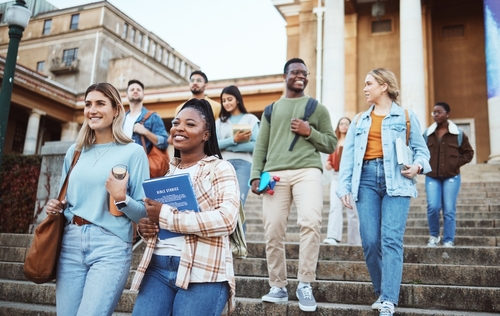Experiential learning is a dynamic educational approach where students learn by doing and engage in reflections on their experiences. These experiences encourage students to take ownership of their learning, embrace diverse perspectives and build the confidence needed to navigate complex, real-world challenges.
Well-planned, supervised and assessed experiential learning programs can stimulate academic inquiry by promoting interdisciplinary learning, civic engagement, career development, cultural awareness, leadership and other professional and intellectual skills.












